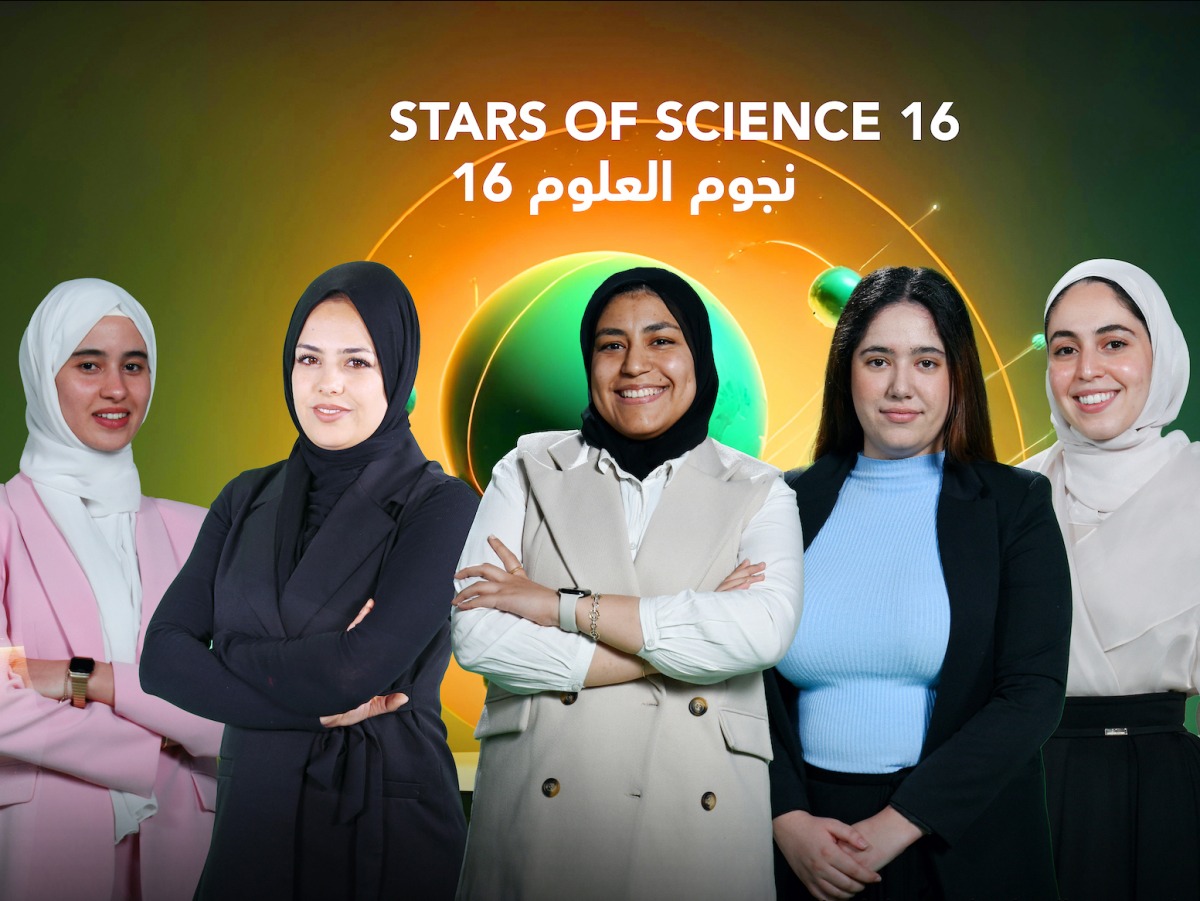In the latest season of Stars of Science, a groundbreaking number of female contestants are making waves in the Arab world. With five out of seven contestants being women, this historic representation is more than just a statistic; it is a powerful testament to the evolving landscape of STEM and innovation in the region. These female innovators are redefining what it means to be a woman in STEM, challenging age-old gender norms, and paving the way for future generations of women in the field.
Stars of Science has a history of supporting female innovators, with 37 female alumnae having developed countless innovative ideas that have become successful products or services. In a previous season, Eiman Al Hamad from Qatar placed third with her Arabic conversation fraud detection program, and Soumaiya Al Siyabi, a Omani scientific researcher and mother of three, made history by being crowned the winner for the first time. The barriers that once seemed insurmountable for women in STEM are slowly crumbling, with the women of season 16 leading the charge.
The Arab world is experiencing a profound shift in the representation of women in STEM fields. Countries like Qatar, Jordan, and Saudi Arabia are seeing higher percentages of female STEM graduates than many Western nations, according to Unesco. Dr Hind Abdulrahman Al Muftah emphasized the importance of empowering women in STEM fields, noting that women made up 70% of graduates in various fields in 2021. This surge in female representation reflects a broader societal transformation where women are increasingly recognized as key contributors to scientific and technological advancements.
The innovative ideas of the women in Stars of Science season 16 are not just technical achievements; they are catalysts for change in the Arab world and beyond. From healthcare advancements to sustainability efforts, these women are addressing critical challenges in their communities. Khadidja Fellah Arbi’s ‘ECG-based glucometer’ and Emma Sleiman’s ‘ADHD multimodel classifier’ are revolutionizing healthcare, while Nada Raafat Elkharashi and Mariam Montaser are setting new standards in sustainability and healthcare. Sanaa Belkoutbi’s ‘Drone structure inspector inside mosques’ highlights the unique blend of cultural preservation and modern engineering that women in STEM can bring to the table.
Female enrollment in STEM programs is on the rise, reflecting the growing recognition of women’s crucial role in these fields. Platforms like Stars of Science, supported by Qatar Foundation, are essential in driving this transformation by offering visibility and support to empower women to excel and lead. As Sarah Aboerjaib, a distinguished alumna and guest mentor of Stars of Science, stated, “As women, we invent not just to create, but also to inspire.” These female innovators are not only breaking barriers in STEM but also inspiring future generations to dream beyond boundaries and make a difference in the world.










